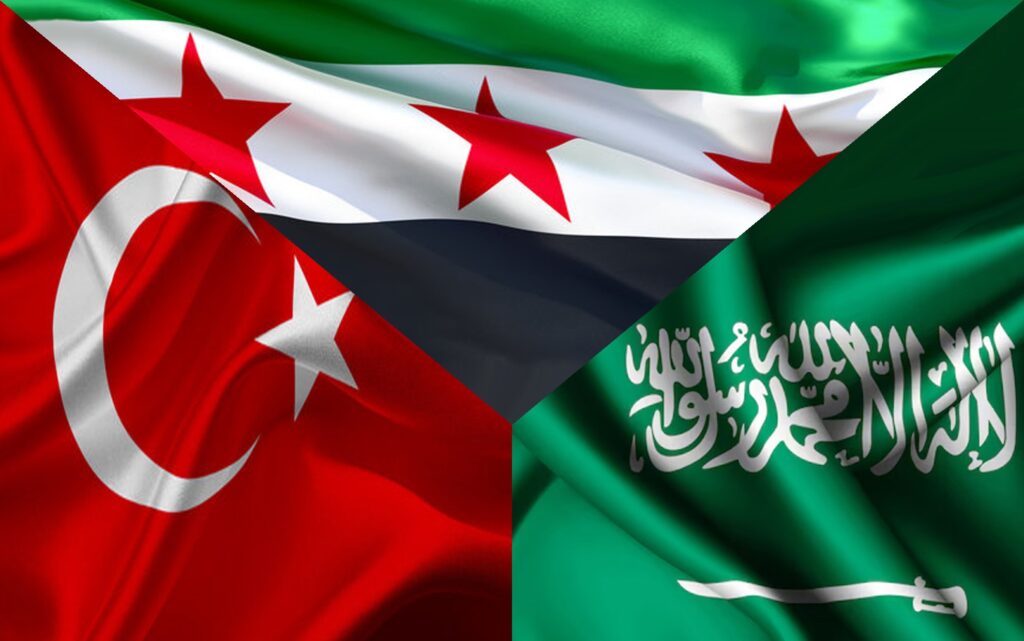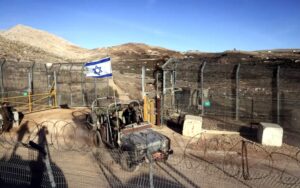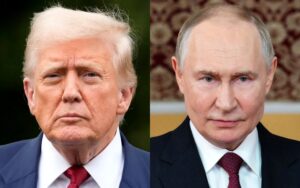Washington Post: How will Saudi-Turkish relations develop further given the two countries’ roles in Syria?

Since the fall of the Assad regime in December 2024, and region is witnessing a development in the positions of the major Sunni powers, Türkiye and Saudi Arabia, especially in regarding the Syrian issue.
This shift, described by the Washington Post as a “watershed,” ended years of disagreement and hostility between Ankara and Riyadh, and opened the door to a strategic partnership to support a post-Assad Syria and confront Iranian influence in the region.
The most prominent manifestation of this rapprochement came during the surprise summit between US President Donald Trump and his new Syrian counterpart, Ahmed al Sharaa, in the Saudi capital, Riyadh.
The summit was attended by Saudi Crown Prince Mohammed bin Salman, and Turkish President Recep Tayyip Erdoğan participated via telephone.
Saudi Arabia and Türkiye played a pivotal role in convincing Washington to lift sanctions on Syria, despite opposition from Israel, which remains wary of al Sharaa due to his background in leading factions linked to former jihadist organizations.
The background to the old tension and the reasons for the new change:
Turkish-Saudi relations have always been characterized by tension and competition, stemming from ideological and strategic differences.
While Ankara supported political Islamist movements such as the Muslim Brotherhood, Riyadh stood firmly against them.
The two sides also differed in their positions during the Arab Spring, with Türkiye supporting the popular uprisings and Saudi Arabia adopting a cautious policy, however, the fall of the Assad regime has reshuffled priorities.
The two major countries in the region is now share a pressing desire to block the return of Iranian influence in Syria and ensure the establishment of a moderate Sunni-led government capable of restoring stability and establishing a regional position.
Both Türkiye and Saudi Arabia have their own security concerns regarding Syria.
Ankara fears the Kurdish threat on its southern border, while Riyadh seeks to curb the Captagon trade, which flourished under Assad and was a major source of income for the former regime.
Analysts believe that this shift in relations paves the way for major investments in reconstruction projects, and they expect Ankara and Riyadh to continue deepening cooperation to ensure their mutual interests in the new Syria.
This cooperation has included the reactivation of the Saudi-Turkish Cooperation Council and the signing of deals in the fields of defense, technology, and energy.
Experts indicate that Saudi Arabia is interested in purchasing Turkish drones, at a time when Türkiye is seeking to secure contracts for reconstruction and major infrastructure projects in Syria.
Meanwhile, there is a big possibility that the new Syrian leadership might play a balancing role between regional powers, emphasizing that the success of Saudi-Turkish cooperation would contribute to consolidating stability in Syria and the entire region.






